AMD Ryzen 9 9950X3D: Performance Analysis
Just a few months after the AMD Ryzen 7 9800X3D graced us with its presence, the Ryzen 9 9950X3D brings its 3D V-Cache technology to a 16-core, 32-thread gaming processor that's absolutely overkill for most people, but will have no problem keeping up with powerful graphics cards like the Nvidia RTX 5090 or whatever comes next.
However, all of those cores come with a high $699 asking price and a 170W power budget, making this processor hard to recommend to anyone who isn’t already building an incredibly powerful (and expensive) gaming PC. For anyone else, the Ryzen 7 9800X3D just makes more sense.
Purchasing Guide
The AMD Ryzen 9 9950X3D is available starting March 12, with a suggested retail price of $699. Keep in mind, AMD's processors often see price fluctuations based on demand, so it's worth keeping an eye on the market.
AMD Ryzen 9 9950X3D – Photos
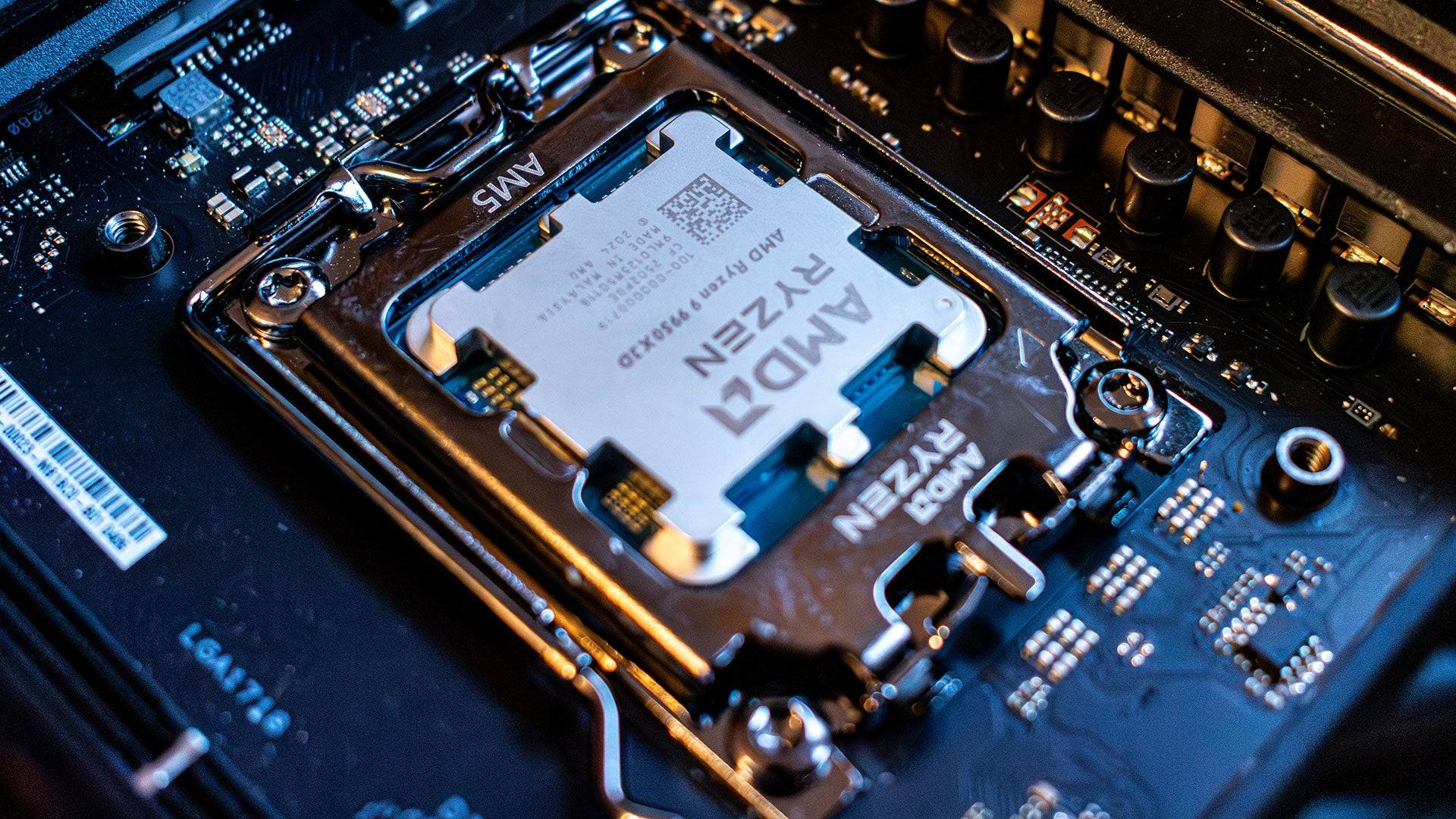
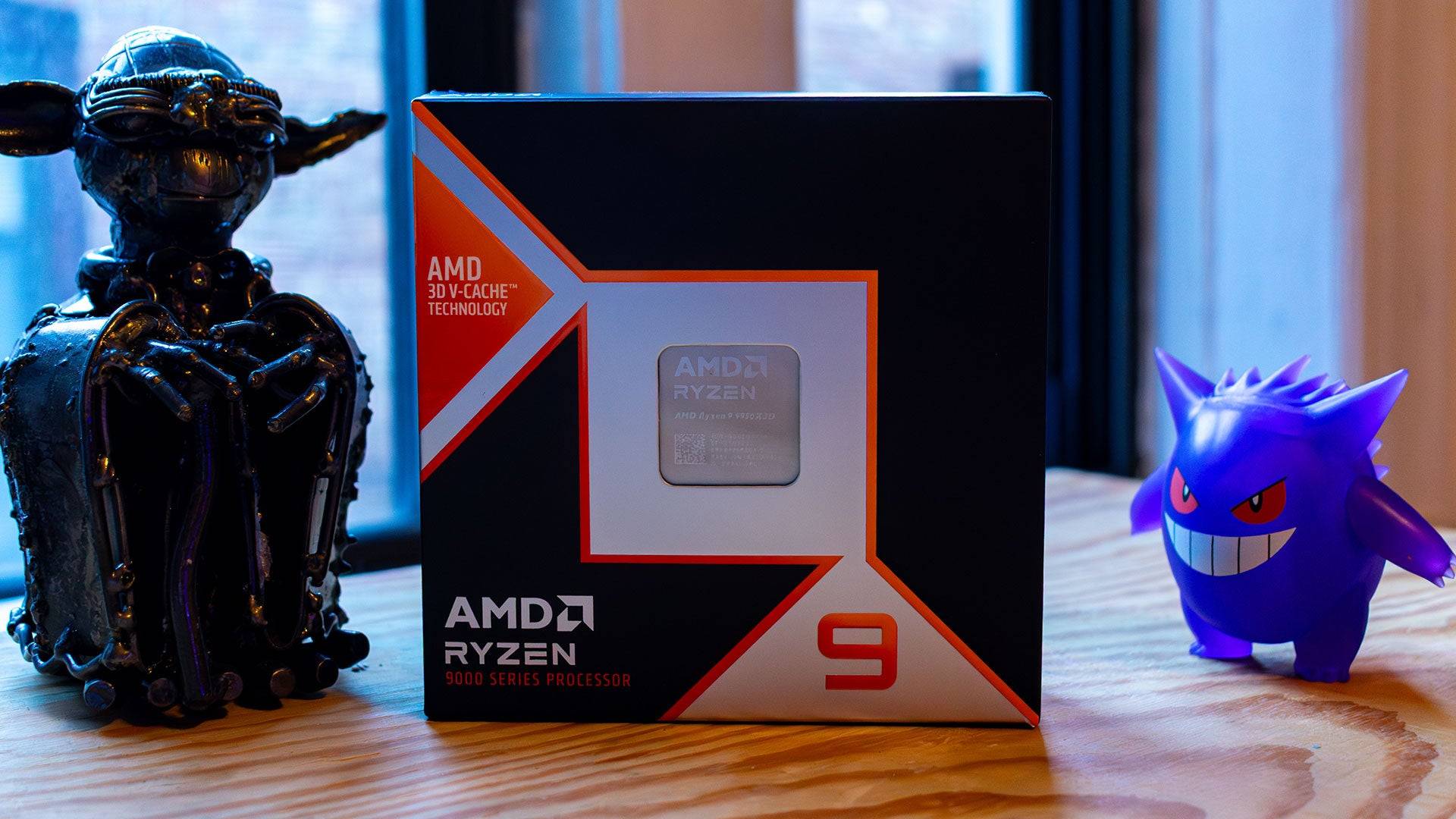 3 Images
3 Images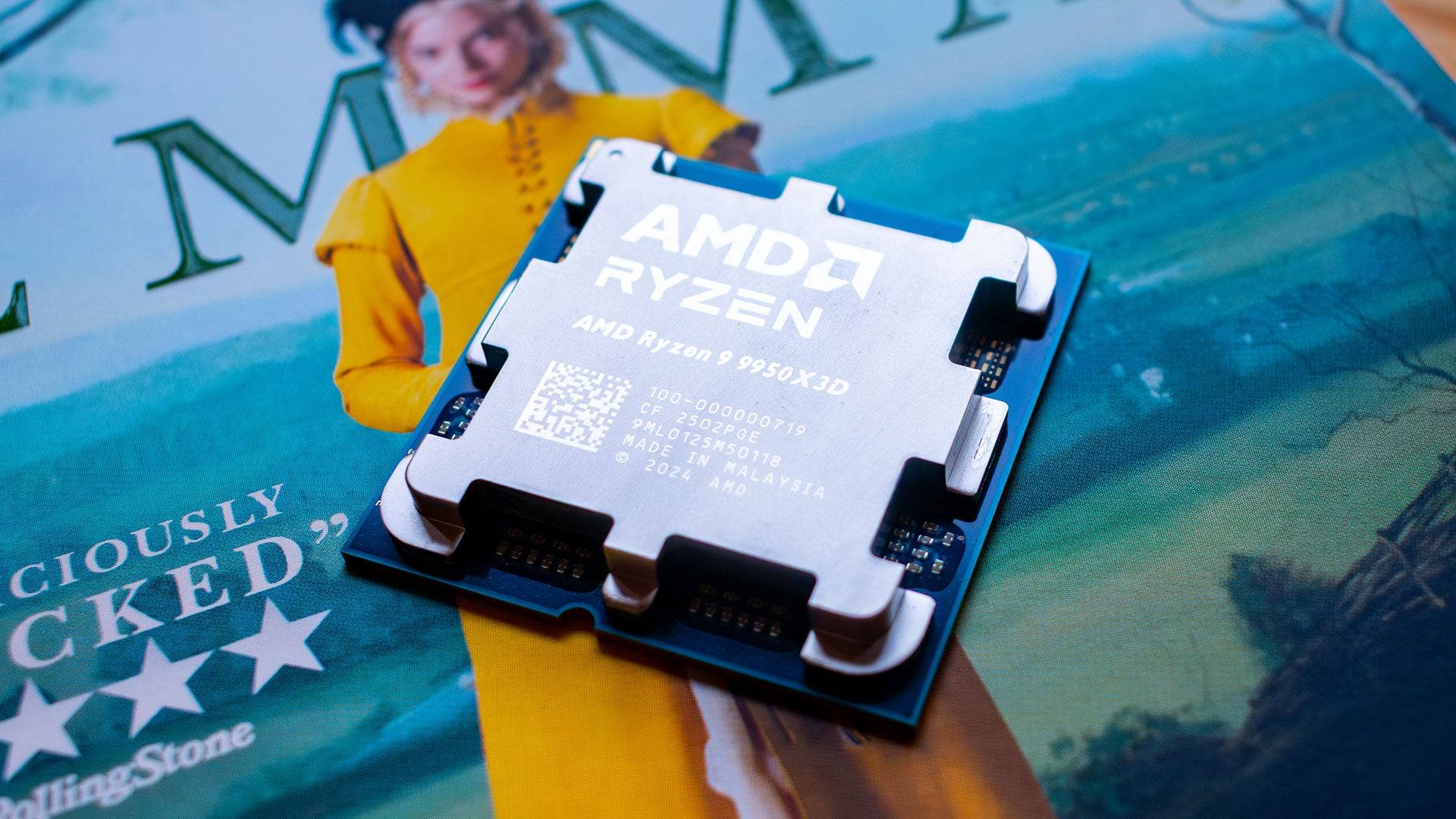
Specs and Features
The AMD Ryzen 9 9950X3D leverages the same Zen 5 cores as the regular 9950X, enhanced with the new 2nd-generation 3D V-Cache technology found in the Ryzen 7 9800X3D. This combination delivers stellar multi-core performance alongside superior gaming capabilities due to an expansive cache.
A significant change from its predecessor, the Ryzen 9 7950X3D, is the placement of the 3D V-Cache directly under the CPU cores instead of above them. This seemingly minor adjustment greatly improves thermal performance. Since the Core Complex Die (CCD) generates most of the CPU's heat, positioning it closer to the Integrated Heat Spreader (IHS) allows for more efficient heat dissipation. With AMD’s performance algorithm considering thermal headroom, the Ryzen 9 9950X3D can maintain higher speeds for longer periods.
The strategic placement of the cache not only enhances thermal efficiency but also reduces latency by shortening the data travel distance. Moreover, the 9950X3D boasts a whopping 144MB of combined L2 and L3 cache, matching the previous generation's Ryzen 9 7950X3D, and significantly outpacing non-X3D processors.
Both the AMD Ryzen 9 9950X and 9950X3D share a 170W TDP, though the original 9950X can reach a higher PPT. In my tests, both processors hit a peak of 200W, but the 9950X3D maintained a lower peak temperature of 79°C, owing to a different cooling setup.
Fortunately, the 9950X3D is compatible with all AM5 AMD motherboards since it doesn't require a new chipset. AMD has committed to supporting the AM5 socket until at least 2027, ensuring long-term platform viability.
AMD Ryzen 9 9950X3D – Benchmarks
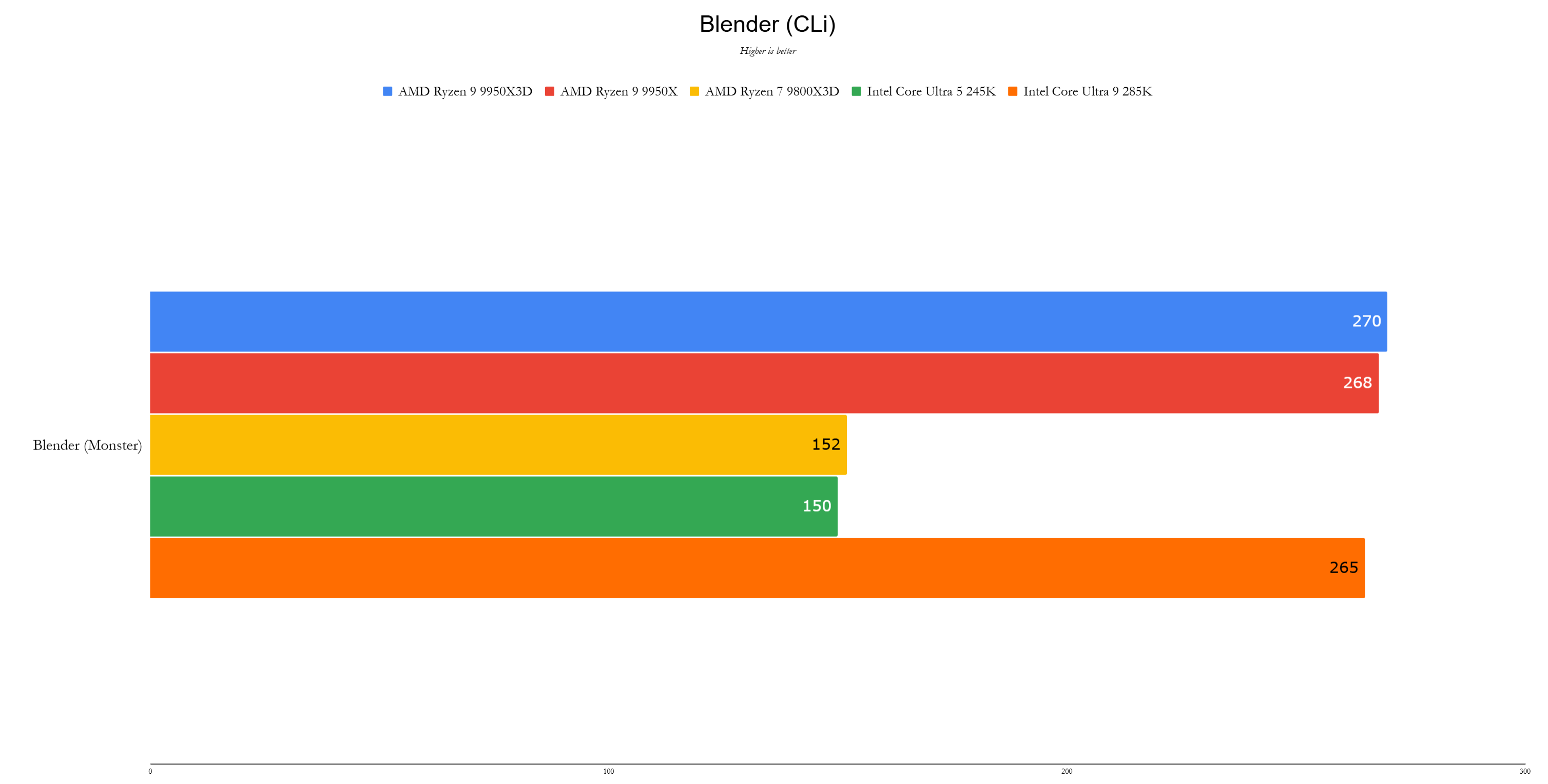
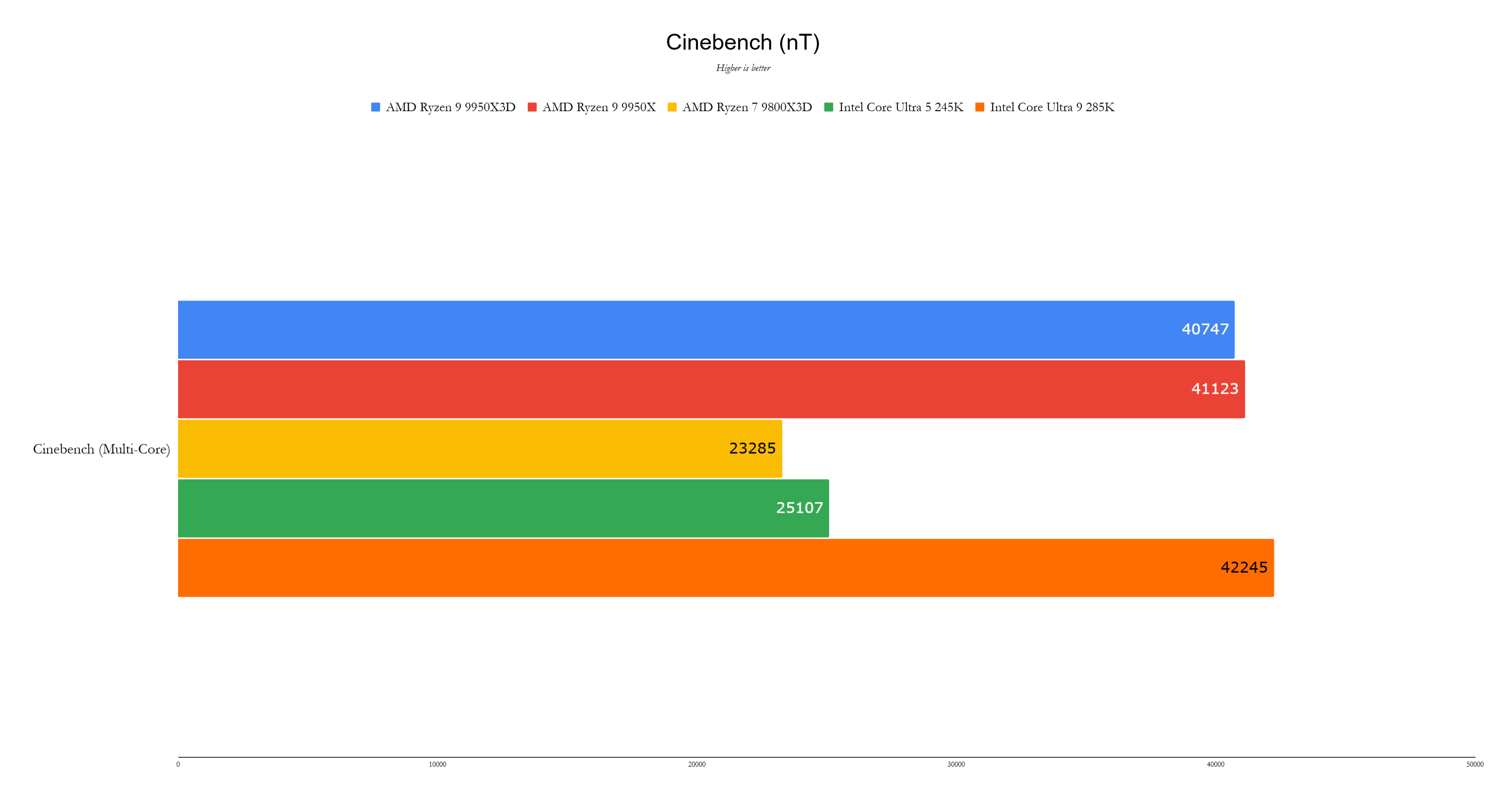 11 Images
11 Images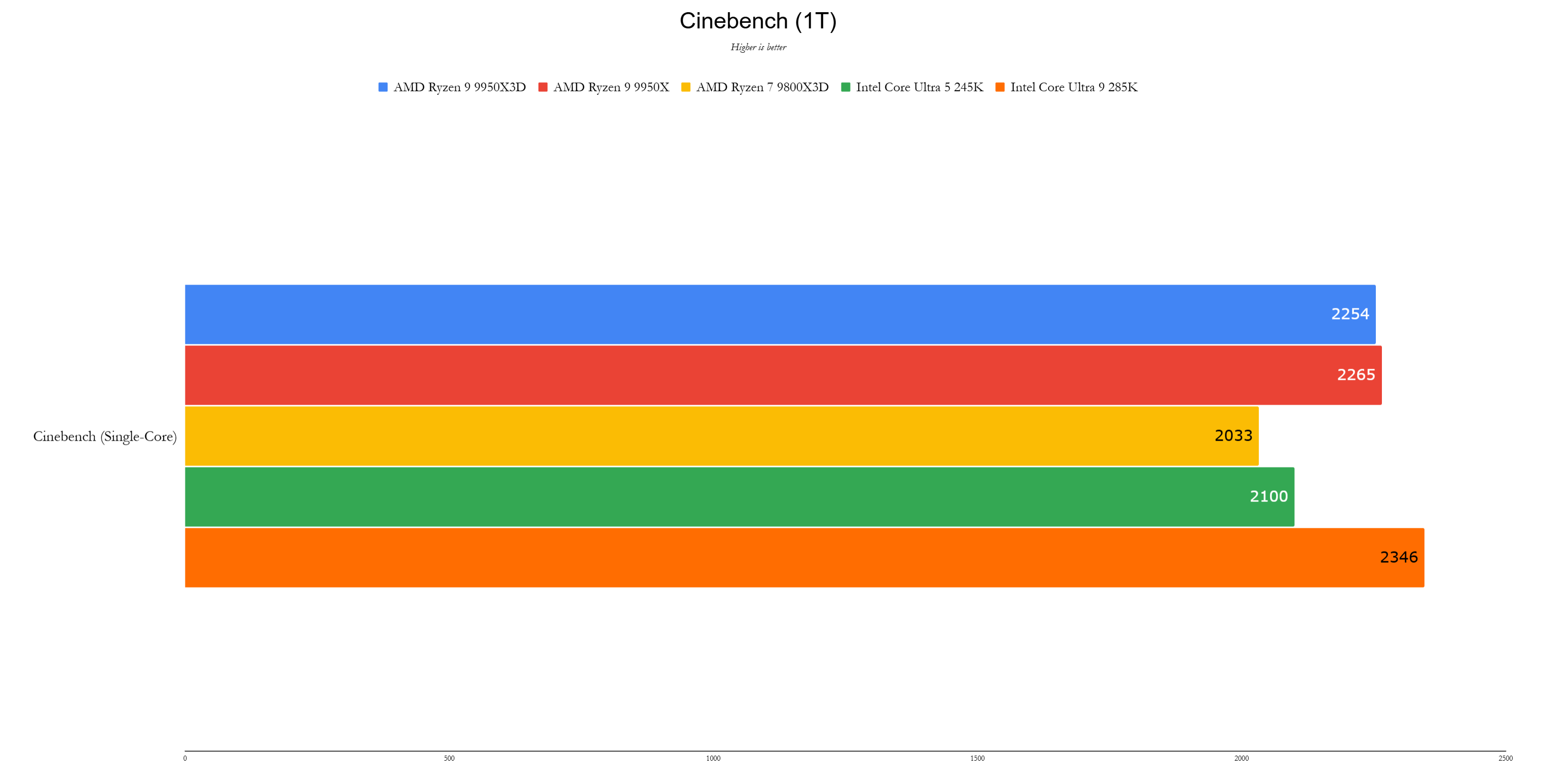
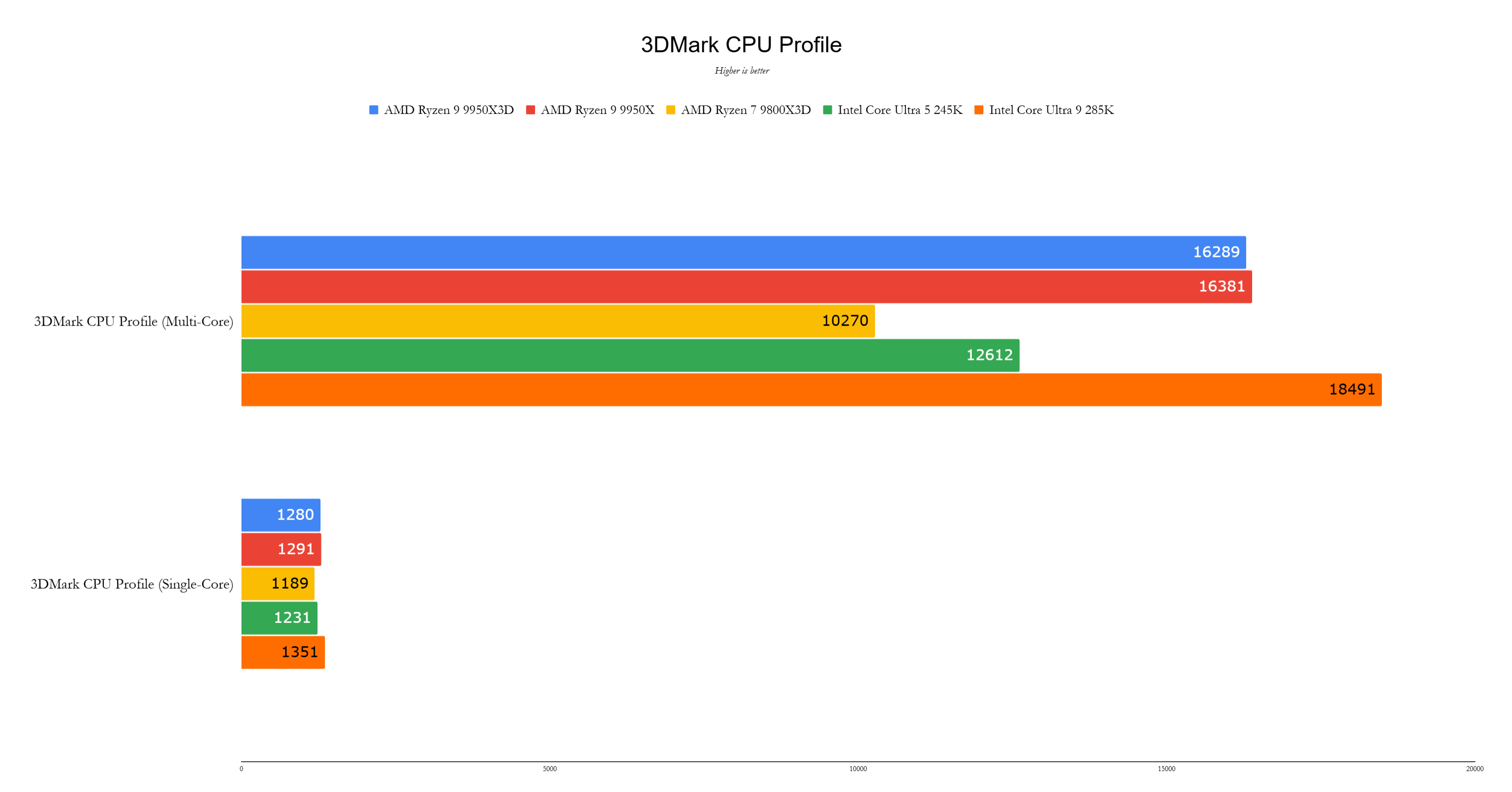
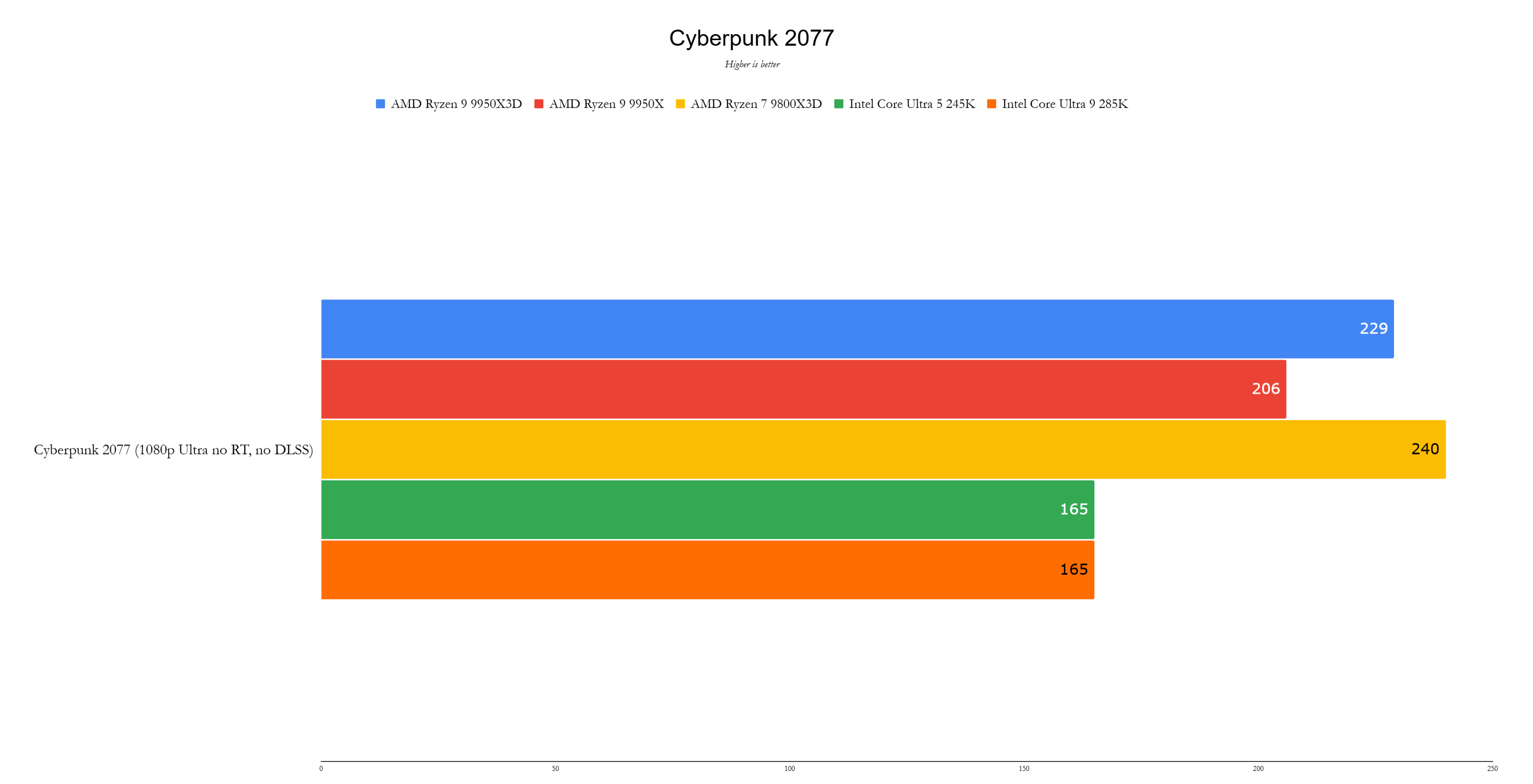
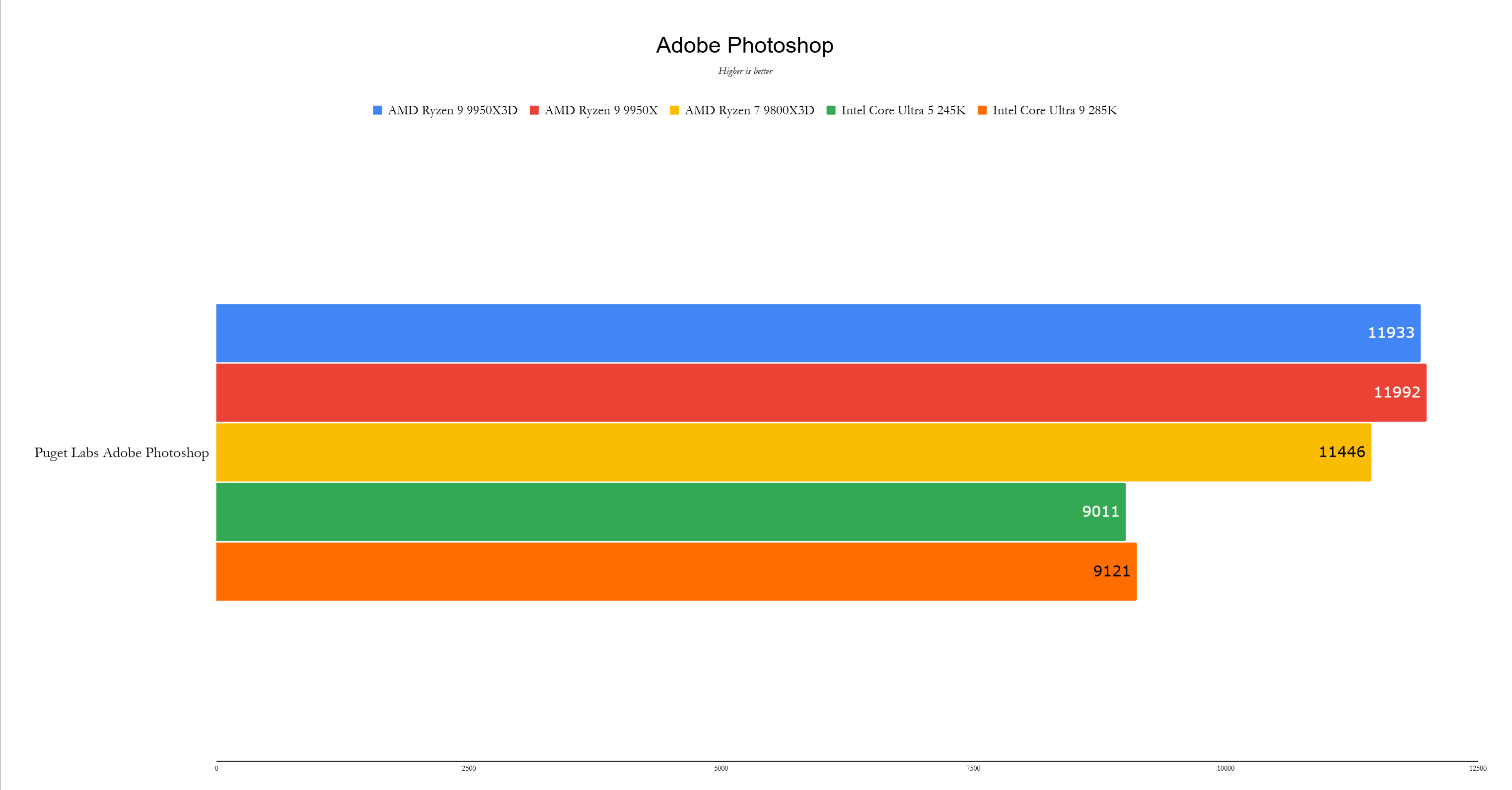
Performance
Before delving into performance results, it's important to note that all CPUs were tested on identical hardware setups, with the exception of the Ryzen 9 9950X. This CPU was tested on an Asus ROG Crosshair X670E Hero motherboard with a Corsair H170i 360mm AIO cooler. While this hardware difference may affect performance, it's unlikely to be significant, especially since all tests were conducted at stock settings.
AMD Test bench:
- GPU: Nvidia GeForce RTX 4090
- Motherboard: Asus ROG Crosshair X670E Hero; Asus ROG Crosshair X870E Hero (9800X3D)
- RAM: 32GB G.Skill Trident Z5 Neo @ 6,000MHz
- SSD: 1TB PNY CS3140 Gen4x4 NVMe SSD
- CPU Cooler: Asus ROG Ryujin III 360 ARGB Extreme
The hardware variation occurred due to a mounting screw issue with the Asus ROG Ryujin III 360mm cooler during the switch to the 9950X. I plan to retest the processors in the coming weeks and will update this section if any significant changes are observed.
The AMD Ryzen 9 9950X3D, with its 16 cores, 32 threads, and a massive 144MB cache, showcases exceptional power. It excels even in creative benchmarks where the 9800X3D lagged behind, matching the performance of the most powerful chips available.
Intel Test Bench:
- GPU: Nvidia GeForce RTX 4090
- Motherboard: Asus ROG Maximus Z890 Hero (200S); Asus Prime Z790-A (14th-Gen)
- RAM: 32GB Corsair Vengeance DDR5 @ 6,000MHz
- SSD: PNY CS3140 1TB Gen 4 x 4 NVMe SSD
- CPU Cooler: Asus ROG Ryujin III 360 ARGB Extreme
Surprisingly, the 9950X3D holds its own against the 9800X3D in single-core workloads. In Cinebench 1T, it scores 2,254 points, a 10% improvement over the 9800X3D's 2,033 points. In the 3DMark CPU Profile test, it achieves 1,280 points, coming close to the Intel Core Ultra 9 285K's 1,351 points.
In multi-threaded workloads, the Ryzen 9 9950X3D shines, achieving 40,747 points in Cinebench's multi-core test. While it falls slightly short of the 9950X's 41,123 points and the Intel Core Ultra 9 285K's 42,245 points, the trade-off is well justified by its gaming performance gains.
In Total War: Warhammer 3 at 1080p with Ultra settings, the 9950X3D reaches 274 fps when paired with the RTX 4090, outperforming the 9800X3D's 254 fps and the Core Ultra 9 285K's 255 fps. However, in Cyberpunk 2077 at 1080p with the Ultra preset and ray tracing disabled, it delivers 229 fps, slightly less than the 9800X3D's 240 fps, yet still significantly faster than the Intel processor's 165 fps.
Overkill?
The AMD Ryzen 9 9950X3D may be the most powerful gaming processor currently available, but it doesn't automatically outshine every other chip. Most users will find the Ryzen 7 9800X3D, priced at a much more accessible $479, more than adequate.
The 9950X3D is best suited for gamers who also engage in creative tasks like using Photoshop and Premiere, where it offers a 15% performance boost over the 9800X3D. For those building a pure gaming PC, however, it might be wiser to invest the extra $220 in a superior graphics card.
-
"AMD Ryzen 7 9800X3D: Top Gaming CPU Now Restocked on Amazon"
May 27,2025 -
Best Buy Unveils AMD Radeon RX 9070, 9070 XT Prebuilt Gaming PCs
Sep 16,2025 -
Best Deals on AMD Radeon RX 9070 and 9070 XT Prebuilt Gaming PCs Starting at $1350
Apr 21,2025 -
"AMD Zen 5 Gaming CPUs Restocked: 9950X3D, 9900X3D, 9800X3D Available Now"
May 25,2025 -
"AMD Radeon RX 9070: Performance Review"
May 14,2025 -
Amazon Just Dropped the Price on This AMD Radeon RX 9070 XT Prebuilt Gaming PC
Apr 07,2025 -
Today's Top Deals: PS Portal, PS5 Controllers, AMD Ryzen X3D CPUs, iPad Air
Apr 03,2025 -
AMD Zen 5 9950X3D, 9900X3D, 9800X3D CPUs Now Available for Gaming
Mar 26,2025
-
1

Every Pokémon Game on the Nintendo Switch in 2025
Feb 25,2025
-
2

Roblox: Trucking Empire Codes (January 2025)
Mar 05,2025
-
3

Poring Rush, the casual battling spin-off from hit MMORPG Ragnarok Online, is out now
Dec 30,2024
-
4

How To Read Black Panther Lore: The Blood of Kings in Marvel Rivals
Mar 01,2025
-
5
![Anime Vanguards Tier List – Best Units For Each Gamemode [UPDATE 3.0]](https://images.gzztb.com/uploads/35/17376012656791b0f12fa1c.jpg)
Anime Vanguards Tier List – Best Units For Each Gamemode [UPDATE 3.0]
Feb 27,2025
-
6

Ragnarok X: Next Gen - Complete Enchantment Guide
May 25,2025
-
7
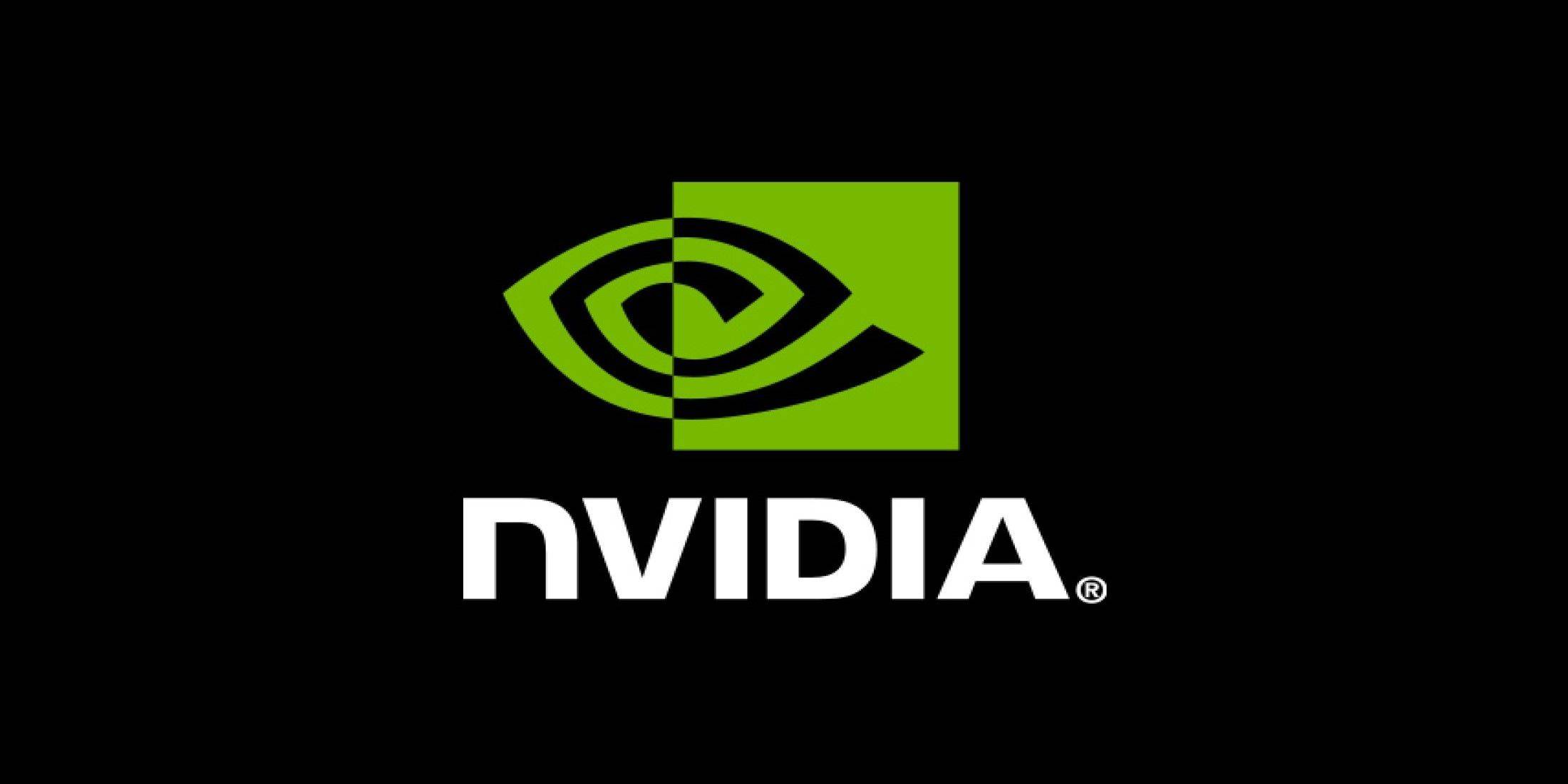
Nvidia RTX 5090 Specs Leak: Rumor Confirmed?
Mar 14,2025
-
8

Microsoft to Integrate Copilot AI into Xbox App and Games
May 21,2025
-
9

Stardew Valley: A Complete Guide To Enchantments & Weapon Forging
Mar 17,2025
-
10

Hearthstone has kicked off the Year of the Raptor with a myriad of new content
Mar 16,2025
-
Download

The Golden Boy
Casual / 229.00M
Update: Dec 17,2024
-
Download

Niramare Quest
Casual / 626.43M
Update: Feb 21,2023
-
Download

POW
Casual / 38.00M
Update: Dec 19,2024
-
4
Mother's Lesson : Mitsuko
-
5
Gamer Struggles
-
6
Poly Pantheon Chapter One V 1.2
-
7
How To Raise A Happy Neet
-
8
Dictator – Rule the World
-
9
Strobe
-
10
Livetopia: Party














